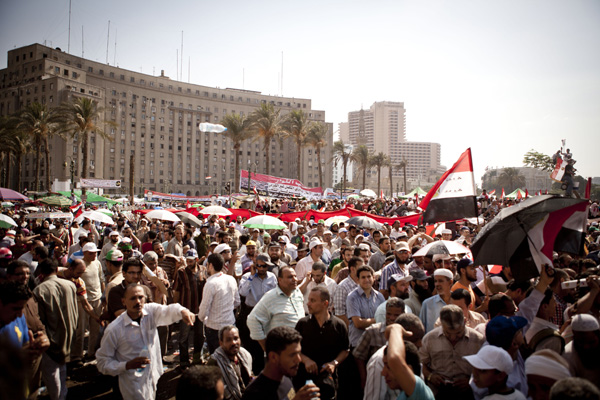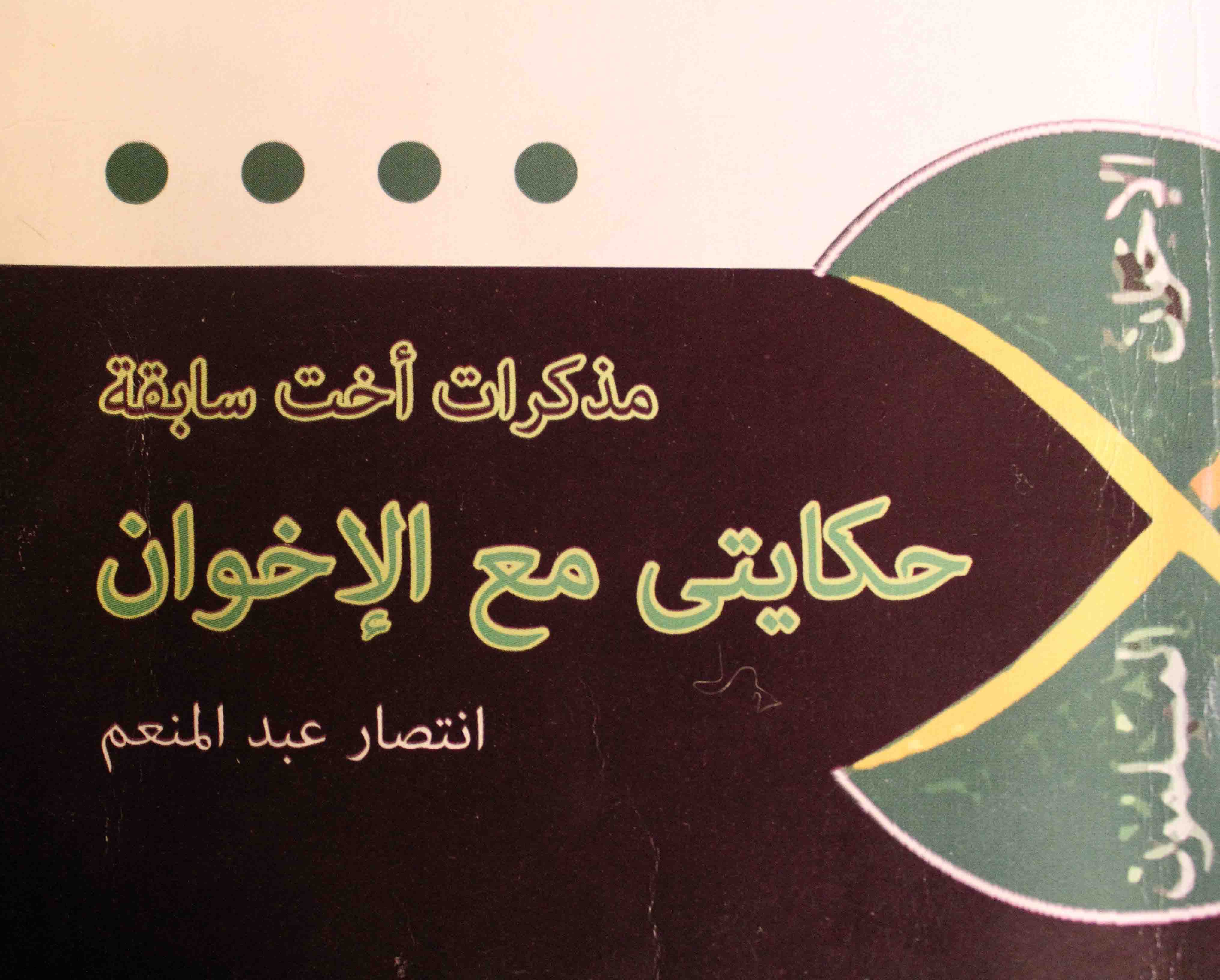Munira, a woman with captivating and seductive eyes, falls into the trap of Ali al-Dahhal, an impostor who carefully weaves his scheme around her neck. Munira’s Bottle by Youssef al-Mohaimeed is a novel about the political and social turmoil in Saudi Arabia during the first Gulf War, recently translated by Anthony Calderbank and published by AUC Press.
Munira al-Sahi is a typical young, unmarried Saudi woman in her early thirties employed at the Young Women’s Remand Center as a social worker. She also writes her own column in the evening paper called “Rose in a Vase.” Her father nurtured the bookworm in her and showered her with books since childhood. Because of this, she grew up to be a well-read and intelligent young woman, but one who is tied down by sexual repression and a controlling older brother, Muhammad. She shares a house with her father Hamad al-Sahi, a perfume merchant from a good family, her mother, and her sister Mona al-Sahi who represents a typical Saudi young girl, obsessed with trivialities and dreaming of a knight in shining armor.
On 13 July, 1990, Ali el-Dahhal appears in Munira’s life, filling it with love and she slowly moves closer to him. The couple are engaged but on their wedding night Munira discovers that her highly ranked fiancée is actually a poor and married private who works in her brother’s office and whose real name is Hassan al-Asi. Insulted by her brother, Major Saleh al-Sahi, al-Asi launches an assault on Munira’s heart and dignity that ends in a painful and humiliating divorce, where he accuses her of sorcery and demands back a dowry that he never paid.
The novel touches on many delicate aspects of the Saudi society, like sexual oppression, lesbianism, superstition, and hypocrisy. Females assume few or no political roles, as they are constantly pushed downward by a dominating male figure.
At times, the reader can forget that the author of this well-woven novel is a male. Al-Mohaimeed successfully dives into Munira’s world and portrays its intertwined details.
“I worked hard to teach myself. I have read many psychology books about women. I also visited shops to discover the differences between various fabrics and their feel on the skin,” says al-Mohaimeed of his desire to understand women’s lives in preparation for the novel.
Calderbank’s translation also adds strength to this daring book. Most of the chapters read like poetry, with a style that is colorful and descriptive. According to al-Mohaimeed, the English translation is great, although some of the chapters challenged Calderbank, especially chapter 40, which features obtuse legal terminology.
“Explaining those complex female sentiments in a foreign language is challenging. But I think I was lucky with my English, French and Italian translators,” says the Saudi novelist.
The book is available at the American University Bookstore for LE70. Munira’s Bottle is definitely a good read, though I highly recommend reading the Arabic original as well.




